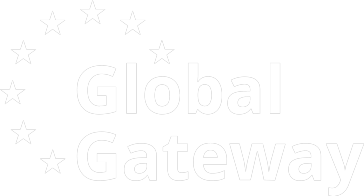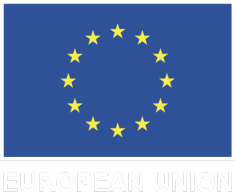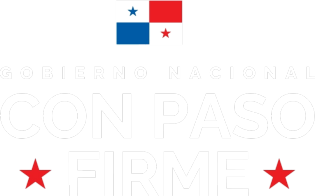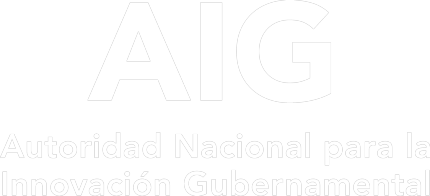The CopernicusLAC Panama Centre concluded last Friday 20 June its third online training, focused on Earth Observation and digital tools. The course, held from 16 to 20 June 2025, brought together over 130 participants from more than 10 countries in Latin America and the Caribbean.
The five-day course covered fundamental and advanced topics related to Earth Observation, using optical and radar satellite imagery (SAR) from the Copernicus programme. Led by our expert Carmelo Alonso Jiménez, the sessions combined theory, practical exercises and interactive activities to encourage collaborative learning. Attendees explored low-Earth orbit missions dedicated to Earth Observation, the different sensors used, and the free and open data provided by Copernicus, highlighting their usefulness in disaster risk reduction and its accessibility through open-source tools.
Participants learned how to search for and visualise satellite data using the Copernicus Data Space Ecosystem platform. They also performed temporal analysis and generated animations, monitored deforestation using the NDVI index, and extracted water bodies data using SAR imagery with the SNAP tool. In addition, they worked with real data from events in the region, such as the 2020 floods in Honduras, applying advanced processing and analysis techniques.
The course also provided insights into future developments, exploring emerging trends in the field of Earth Observation to improve early warning systems, risk assessment, and resilience to hazards. Furthermore, to support the personal development of attendees and enable them to apply their newfound knowledge immediately, participants were encouraged to suggest a case study each day.
In his welcome address to the course, Kurt Leiseder, Cooperation Officer at the Delegation of the European Union to Panama, said: “The creation of the regional Copernicus Centres is a key initiative to strengthen cooperation in the region. These centres allow to take advantage of tools with great potential in areas such as politics, trade, biodiversity, urban planning, as well as air and maritime transport. The European Union strongly believes that these centres should play a leading role in promoting the free and open use of Copernicus data, thus reinforcing sustainable development at a global level
Through this training, the CopernicusLAC Panama Centre is reaffirming its commitment to promoting technical knowledge and ensuring equitable access to technologies which strengthen the region’s resilience to the challenges posed by climate change and disasters.
Claudia Herrera, Stakeholder Liaison Officer of the CopernicusLAC Panama Centre, emphasised the importance of continuing to develop technical expertise in the region to improve disaster risk management and reduction in Latin America and the Caribbean.
The course contents and materials are available free of charge on the Centre’s Digital Campus, for which it is only necessary to register as a user. This initiative forms part of the ongoing training strategy that the Centre is implementing, comprising both in-person and online sessions on subjects including flood detection, ground motion monitoring, and disaster management among others.
Background information
The Copernicus LAC Panama Centre’s activities take place within the overall context of the EU-LAC Digital Alliance, which is a strategic framework for promoting cooperation between the EU and the LAC region on digital and space issues under the EU Global Gateway umbrella. Within this context, the European Space Agency (ESA) is coordinating the Centre’s implementation on the basis of a Contribution Agreement with the Directorate-General for International Partnerships (DG INTPA) of the European Commission, and in close collaboration with Panama’s government, MIRE (Ministry of Foreign Affairs), Government Innovation Authority (AIG), and SENACYT (National Secretariat for Science, Technology and Innovation).





